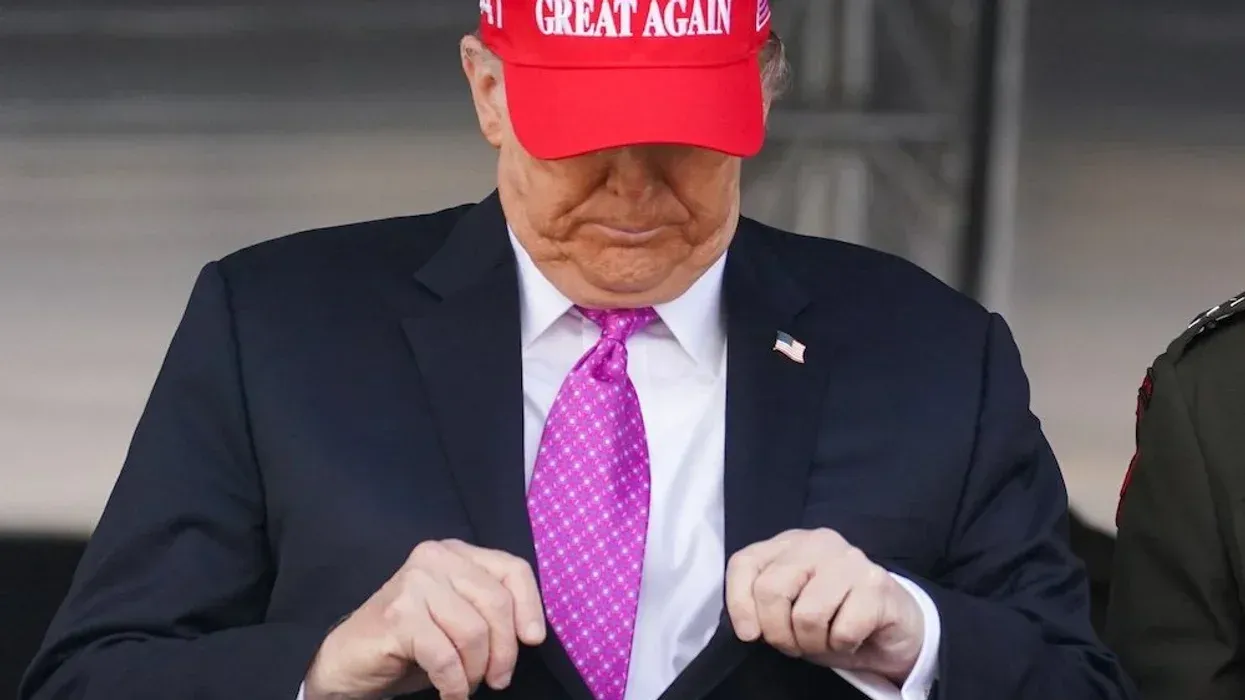Stephen Wertheim, a senior fellow in the American Statecraft Program at the Carnegie Endowment for International Peace, tells the New York Times that President Donald Trump doesn’t really know how to ‘put America first,’ despite his constant bluster. So far, Trump has failed to stop the carnage in Ukraine and Gaza and find a diplomatic deal with Iran.
“He has delivered no peace, whether in Europe or in the Middle East,” says Wertheim. “His strike on Iran sums up his struggles: a frantic, fumbling attempt at negotiation cut short by a risky attack that sets the stage for further war.”
But “inartful dealings are only half the trouble,” adds Wertheim. “Year after year, the United States stations its military forces on geopolitical fault lines in Europe, Asia and the Middle East simultaneously. And year after year, it gets exactly what it has placed itself to receive, inheriting distant conflicts as its own and lurching from crisis to crisis at times of its many adversaries’ choosing.”
READ MORE: GOP sen tells constituent he’s 'not obligated to listen' after she’s denied care over marital status
If Trump truly plans to reduce the country’s “exorbitant defense burdens, as he claims to want,” Wertheim said he must take the U.S. out of the position that guarantees high costs and “shift the burden of defending Europe onto increasingly capable European allies.”
“Since his secretary of defense announced in February that Europeans must ‘take ownership of conventional security on the continent,’ U.S. military assets there have essentially remained in place,” Wertheim points out. “If the United States is going to withdraw certain capabilities, Europeans need to know what they should replace; they cannot step up unless America steps down.”
But Trump “can’t seem to decide whether to remove some U.S. forces or simply get Europeans to spend more.”
However, Trump saved “his most characteristic shortcomings for Asia,” said Wertheim.
READ MORE: This White House lie shows they know Trump is in trouble
The U.S. traditionally dances a thin line between cooperating with China and competing with it, but Wertheim said Trump’s huge tariffs on everyone — not only China but also Japan, South Korea, Vietnam and others —damaged U.S. prospects for cooperation and competition alike for much of Asia. Within a span of months, Trump managed to reduce America’s own influence there, “while making Beijing look reliable by comparison.”
“At the bottom of the president’s foreign-policy vision is a curious void,” said Wertheim. “Mr. Trump is famously all about putting American interests first. Yet he has never figured out what he thinks America’s most basic interests are. He flits between caring little about geostrategic matters, especially compared with trade or immigration, and defaulting to the exorbitant aims of the status quo. He may not truly believe in the latter, but he won’t devise a replacement if he has no concept of what is essential for the United States to defend and what is not.”
Read the full New York Times report at this link.
